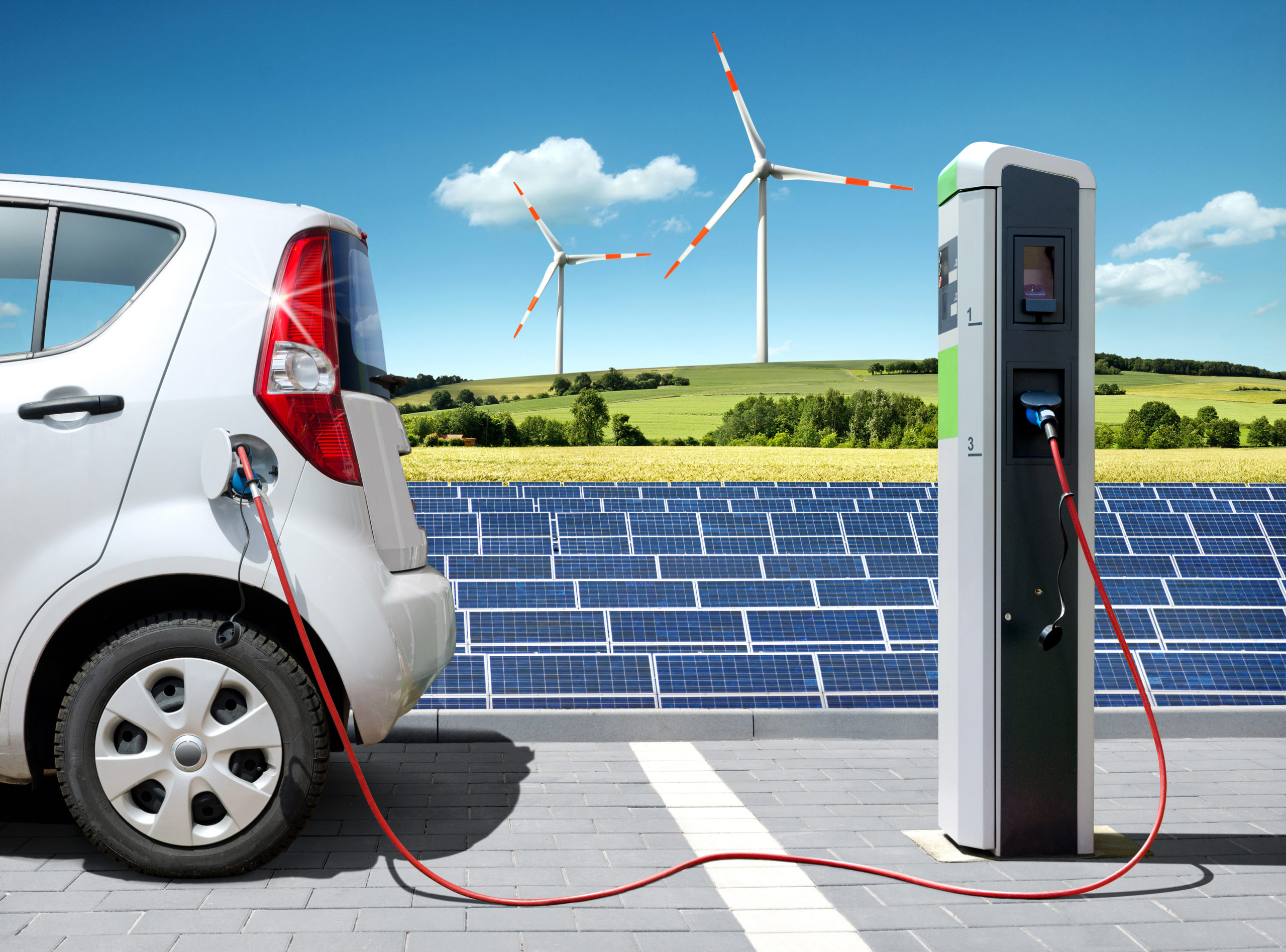The electrification of the transportation industry has begun its transition away from a luxury novelty and more towards a serious entity that is poised to begin carving out its own corner of the sector. As battery technology improves, vehicles are starting to be able to travel longer distances on just a single charge. One of the biggest concerns about the electricity being used to charge electric vehicles is that it is pulled from the grid and contains of mix of generation sources which does include some traditional fossil fuel fired power plants. Because many view electric vehicles as the more sustainable option, they see this as somewhat contradictory. To address this, many have made the switch to solar so that 100% of the electricity going into their electric vehicle is from a clean and renewable energy source. So how many solar panels would it take to charge an electric car?
This is a fairly loaded question as every solar system is different and every electric car is different. So, let’s begin to unpack this question and give you the tools necessary to figure it out for your specific circumstances. First, because not all solar panels have the same wattage but can be the same size, certain panels will charge the vehicle faster or slower than other panels. Additionally, even smaller solar panels can charge a battery but if the battery is too big, in the case of an electric car, it will take far too long. Finally, electric car batteries vary drastically in size. Obviously, smaller electric car batteries will charge faster than larger car batteries. For the purposes of an example, lets make a few assumptions. First, we will assume we are using 350 watt panels which are being used to charge the vehicle. Next, we will assume we want the car to fully charge in eight hours of direct sunlight in the summer. Finally, we will assume the electric car battery requires 60 kWh to fully charge. To charge this battery in eight hours of direct sunlight, we can divide the 60 kWh by eight hours to determine than you will need a 7.5 kW system to accomplish this feat. 7.5 kW is equal to 7,500 watts. At 350 watts per panel, this is equivalent to a little more than 21 solar panels. Every situation is different. If, for instance, you are willing to wait 10 hours to fully charge the vehicle, the math works out slightly different. This would only require a 6 kW or 6,000 watt system. Using the same 350 watt panels, this only represents slightly more than 17 panels. Every one of these three main factors can affect the number of panels it takes to charge an electric vehicle. In addition to these basic assumptions, cloud cover and time of day can influence the necessary panels to charge this vehicle. As technology, both solar and battery storage, improves with additional research and development, the number of panels and time it takes to fully charge an electric vehicle is gradually falling to more impressive levels.







